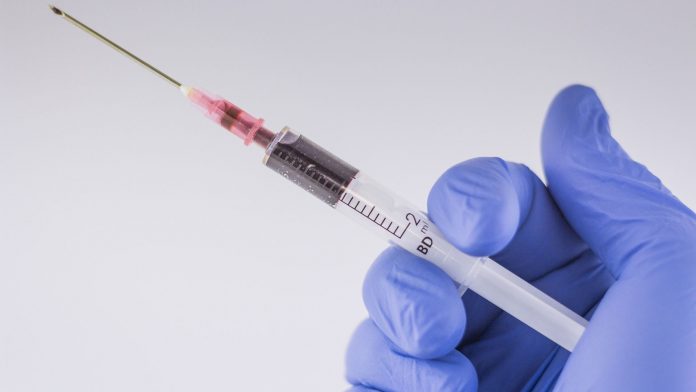
Newly published research has revealed that a new blood test can more accurately predict the development of tuberculosis (TB) up to two years before its onset in an individual living with someone with the disease.
People living with someone with active tuberculosis are at a stronger risk of developing the disease, yet around 5-20% of people infected with it actually develop TB.
According to the study published in the American Journal of Respiratory and Critical Care Medicine, the new blood test predicts the development of TB without putting a large quantity of lower-risk people through unnecessary preventative treatment.
Researchers from an international research consortium reported that they developed and validated a blood test that measures the expression levels of four genes that can better predict the development of TB in high-risk patients – something which is not currently available in Sub-Saharan Africa.
The four-gene signature
Professor Gerhard Walzl, lead study author and leader of the Stellenbosch University Immunology Research Group, Tygerberg, South Africa, said: “We found that this prediction [up to two years before the onset of the disease] is possible through measurements of a combination of a four-gene signature in the blood.
“This signature, known as ‘RISK4’, was found to be present in all cohorts in the study, from South Africa, Gambia and Ethiopia.”
RISK4 is a combination of four genes associated with inflammatory responses.
What was the focus of the study?
The research team focused on people living with someone who had active TB and enrolled 4,466 HIV-negative, healthy study participants from the households of 1,098 index cases (people with active TB who allowed the researchers to enroll members of their household who did not have TB in its active stage).
Various biosignatures, combinations of gene or protein levels that together result in a test readout that relates to current or future risk for developing the condition, were measured.
Walzl added: “The individual components of this signature may not be sufficient to deliver an accurate diagnosis of prediction, but a combination of these markers improves its accuracy.”
The first step in TB prevention
Walzl concluded: “This study is the first step, and now the impact of this test on prevention of TB will have to be tested in multicentre clinical trials.
“In addition, the validity of the prediction in high-risk individuals in Asia, South America and other high-priority areas needs to be assessed.”
Source: EurekAlert






















